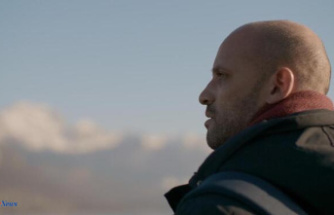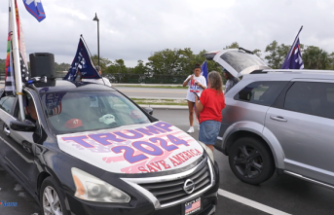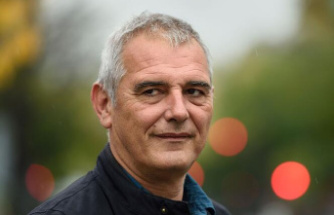In a blow to plaintiffs accusing a group of Palos Verdes Estates surfers of operating as a criminal gang, a federal court judge this week denied the case class-action status.
The ruling by U.S. District Court Judge James Otero rejected plaintiffs’ arguments that thousands of people have been adversely affected by the behavior of the surfers, known as the Bay Boys.
The ruling limits the number of plaintiffs in the lawsuit — a positive development for the defendants.
“Our position has been the same from the beginning, so in that sense it was nothing surprising,” said attorney Pat Carey, who represents one of the defendants. “We didn’t think this was a class action from the beginning, so it just finally came to a point where the court is beginning to formally agree with our position.”
However, attorneys for the plaintiffs said their case is far from over.
In March 2016, a lawsuit filed in federal court sought an injunction to keep the surfers from gathering on the beach, claiming they use threats and violence to keep outsiders away from their prime surf spot, and the city allows them to do it .
A separate state lawsuit, which focuses on beach access, alleges the surfers have violated the California Coastal Act, which protects public access to the coastline. A state judge will still have to decide whether that complaint will be designated as a class-action lawsuit, allowing other victims to potentially join as plaintiffs.
Reasons for denial
In the court ruling Tuesday, Otero listed several reasons for denying the class-action certification. He struck down a claim by the plaintiffs that more than 20,000 people have been impacted by the Bay Boys’ behavior, saying their attorney, Vic Otten, did not prove that enough people have, in fact, been affected.
In his ruling, Otero said those who haven’t been to Lunada Bay — perhaps because they were intimidated by stories of localism — can’t claim they’ve been impacted by the behavior of the Bay Boys. The “some day intentions” of people who may or may not visit the bay do not support the claim that those people have been harmed in some way by the surfers, according to the ruling.
An expert for the plaintiffs estimated that 20,000 to 25,000 people would visit Lunada Oleybet Bay on average every year if not for the Bay Boys, but that only about 1,500 to 3,000 actually do. The court, however, threw out that portion of the suit.
• RELATED: Judge denies Lunada Bay Boys’ attempts to dismiss lawsuit
The plaintiffs used accounts from more than two dozen people who say they were either harassed at Lunada Bay or prevented from ever going to the bay because of its reputation. Otero threw out those claims as well.
The judge also limited the permissible witnesses to those who have been accosted within the two years leading up to the March 29, 2016, date that the lawsuit was filed, which eliminated several decades-old accounts of harassment. Under those limitations, only nine people were included in the plaintiffs’ class, too small a number to support the certification, according to the ruling.
The ruling also cited other reasons for denying the certification, such as the potential plaintiffs had experienced a variety of different problems at Lunada Bay.
Potential appeal
Otten on Wednesday said he was disappointed by the judge’s ruling, but that the lawsuit will proceed toward trial.
He and co-counsel Kurt Franklin, of the Northern California firm Hanson Bridgett LLP, will be weighing their next steps, Otten said.
They could proceed with the three original plaintiffs — Cory Spencer, Diana Milena Reed and the nonprofit Coastal Protection Rangers — and file an appeal with the Ninth Circuit Court of Appeals, or amend the lawsuit to potentially add additional plaintiffs and defendants.
“We have very good factual information that we did not have previously that we will be bringing in, whether it’s in the federal litigation or the state litigation,” Otten said. “There are plenty of other defendants actively involved in the harassment of outsiders.”
Otten and Franklin are still seeking to have the Bay Boys classified as a criminal street gang and ban them from the beach with an injunction.
‘Nothing surprising’
Carey, the attorney for one of the defendants, Allen “Jalian” Johnston, said he was pleased with the judge’s ruling.
“For us, at least on behalf of Mr. Johnston, we’re going to continue to do what we’ve been doing, and that’s maintain his innocence from these allegations,” Carey said.
Johnston was named in the suits as one of the Bay Boys, and Reed has accused him of exposing himself on the beach and spraying a can of beer on her.
Johnston was arrested in April on suspicion of battery and sexual harassment, but the District Attorney’s Office declined to file charges because of insufficient evidence.
Otero’s ruling is a boost for the defendants, Carey said. Now, he said, they’ll have to wait to see what the plaintiffs do next, and continue to deny their allegations.
Our editors found this article on this site using Google and regenerated it for our readers.












